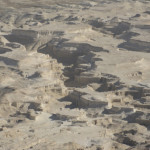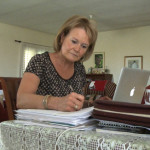
By Marney Blom
Over half of Israel – some 13,000 square kilometers – is desert.
Also known as the Negev, this rocky, dusty, mountain terrain is broken up by wadis and deep craters. Vast in size, this is home to only nine percent of Israel’s total population.
Yet, according to Scripture, found in the book of Obadiah chapter 20, the Negev will one day be populated by numerous Sephardim – Jewish people whose roots can be traced back to Spain and Portugal. Cyrus Foundation, an evangelical Christian organization, is preparing for their return.
“Anti-semitism is growing at an alarming rate,” notes Debbie Kellogg, co-founder of the Cyrus Foundation. “I think we have to understand that this is the time when God is calling His people ‘home’ from the north, south, east and west. Many times we’ll see that when things get uncomfortable in the nations and maybe the economies aren’t necessarily as good as they used to be, that many [Jewish people] will choose to come to Israel.”
Avi Maher, spokesperson for the Jewish Agency agreed. “They are motivated by a very strong feeling of insecurity. This is very distressing for them, particularly those who come from more traditional families and want to be able to identify openly with their people and their faith.”

Making aliyah – the term used to describe the process of moving to Israel – can present a number of challenges for the Jewish community abroad. New immigrants often experience difficulties finding work, learning Hebrew and acquiring a place to live.
“Immigrants who come to Israel experience what other Israelis encounter with regards to finding suitable housing,” added Mayer. “There is currently a housing shortage in Israel that affects all Israelis.”
According to Reb Mordechai Linhart, president of Lekh Lekha Europe, a Jewish charity that assists families who desire to move to Israel, the greatest single deterrent is a shortage of finances.
“Numerous families need assistance and we nearly daily get approached by some family or individual from the Jewish community asking us to help them make aliyah,” stated Linhart. “And with the rising amount of people asking for assistance, it is difficult to help everybody.”
Lekh Lekha regularly holds aliyah conferences in Europe to encourage Jewish communities to consider making the move to Israel. Approximately two thirds of the families who express an interest to go require financial assistance.
Where do the needed funds come from?
“We got one big donation from a Jewish member of the community but most donations come from Christians. $50 here, $20 there – sometimes when I speak to them [I receive] $200 or $300,” said Linhart. “Every penny makes a difference and [with it we can] arrange another conference where we can reach maybe another 200, 300 people, and help them make aliyah.”
Organizations like the Cyrus Foundation know the financial needs first hand.
“Many believe that the Jewish people are wealthy and don’t need our help, but that just isn’t true. We’ve worked with thousands of families over the years and they have the same difficulties that any of us do,” concurred Kellogg. “We help families with five or six children – they have $2000 to be able to make aliyah. Just imagine setting up your home with $2000 in a foreign land, and you don’t know the language, without a job – and you have to start from scratch.”

The Cyrus Foundation also hopes to be able to help provide new immigrants with affordable housing in the Negev.
“It is 60 percent of the land mass of Israel, undeveloped, basically waiting for its people to return,” said Kellogg. “The bible is very clear that this is the time that we need to join with them to come, lock arms, and walk together in this restoration – preparing the way for the Messiah’s return.”
Marney Blom is news director for the Acts News Network.
Copyright 2015 © Acts News Network, Inc.
